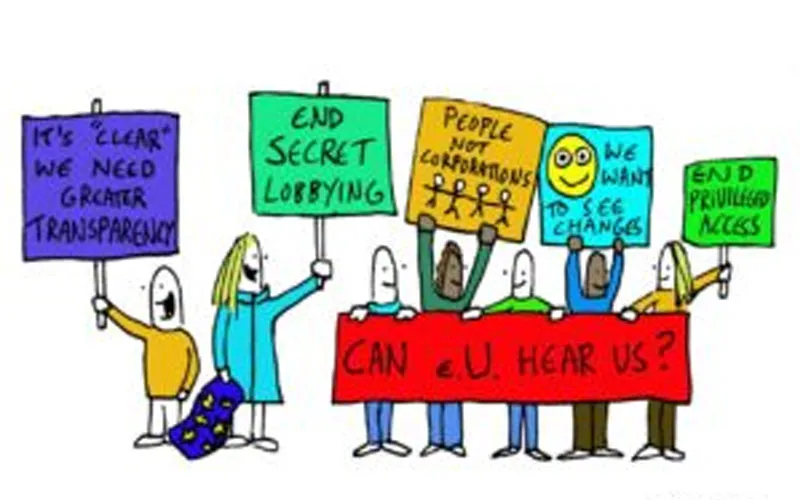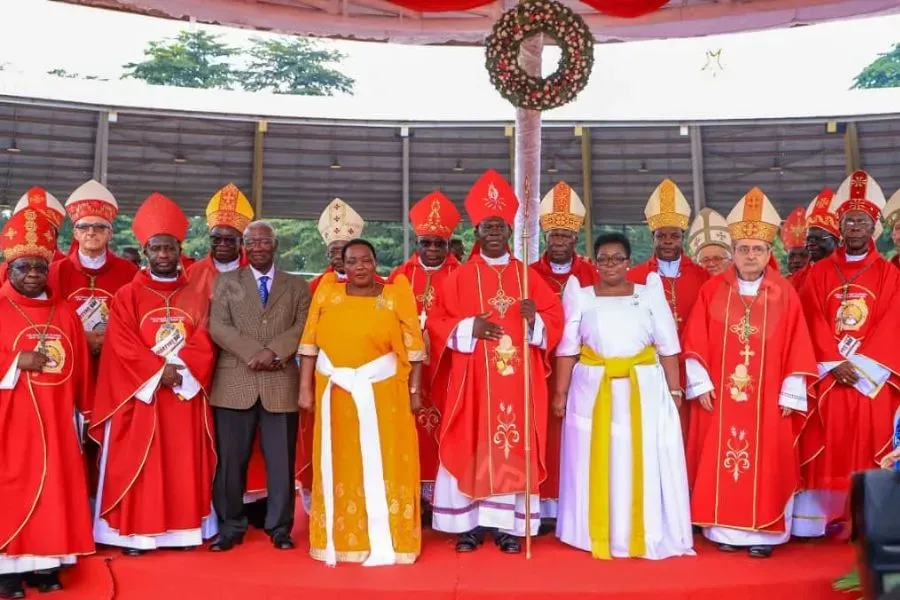“Only 4 out of 54 countries have made significant contributions such as Namibia, Egypt, Cameroon, and South Africa. Other countries have attended the sessions, but without making any comments or presenting proposals,” members of the faith and justice network add.
They bemoan the state of things saying, “This silence during the LBI negotiations is difficult to understand when what is at stake is the lives of millions of people in Africa.”
The religious leaders in Africa and Europe say the lack of commitment from African governments “allows the positions defended by rich countries that are more permissive to the economic powers of large corporations (Corporate Capture) to gain prominence in the negotiations.”
They add that the lack of “a forceful position” that defends interests of the people of God in the world’s second largest continent allows TNCs to “develop their strategies and exempt themselves from their obligations to respect human rights and the environment, which is ultimately respect for the lives of people living in Africa.”
In the report authored by AEFJN policy officer, José Luis Gutiérrez Aranda, the women and men Religious say African governments “should present a more active attitude in the future of the treaty negotiation and ensure their presence among the group ‘Friends of the Chair’ that defend the achievements made in the negotiation in recent years.”
Friends of the Chair refers to a group of delegates who join forces to try to influence the chairman of a negotiation and delegates about the way forward, reflecting national positions, and trying to hammer out compromises.
AEFJN members add that the political commitment of African government “must be above the interests of each country and region, working together to defend the human rights of their peoples.”
“The LBI is one more step in the construction of economic and social justice with the countries in Africa, but this cannot be done without the constant commitment of their governments,” they say.
“Governments in Africa cannot abandon to its fate a treaty that wants to be born with a vocation of ending impunity for TNCs and protecting human dignity,” AEFJN members further say in the January 10 report.
Magdalene Kahiu is a Kenyan journalist with passion in Church communication. She holds a Degree in Social Communications from the Catholic University of Eastern Africa (CUEA). Currently, she works as a journalist for ACI Africa.








